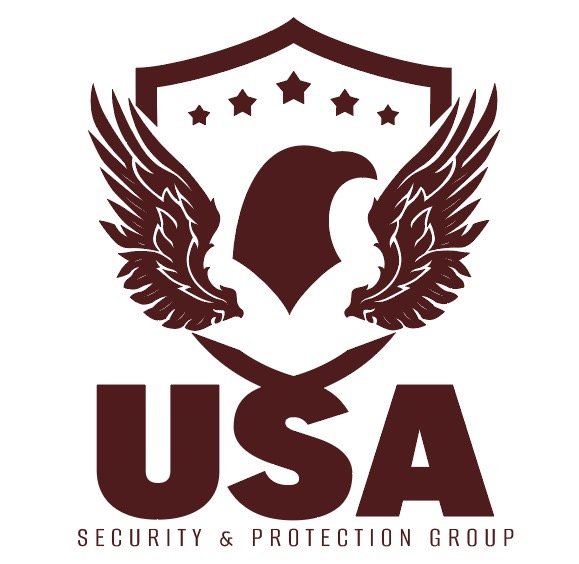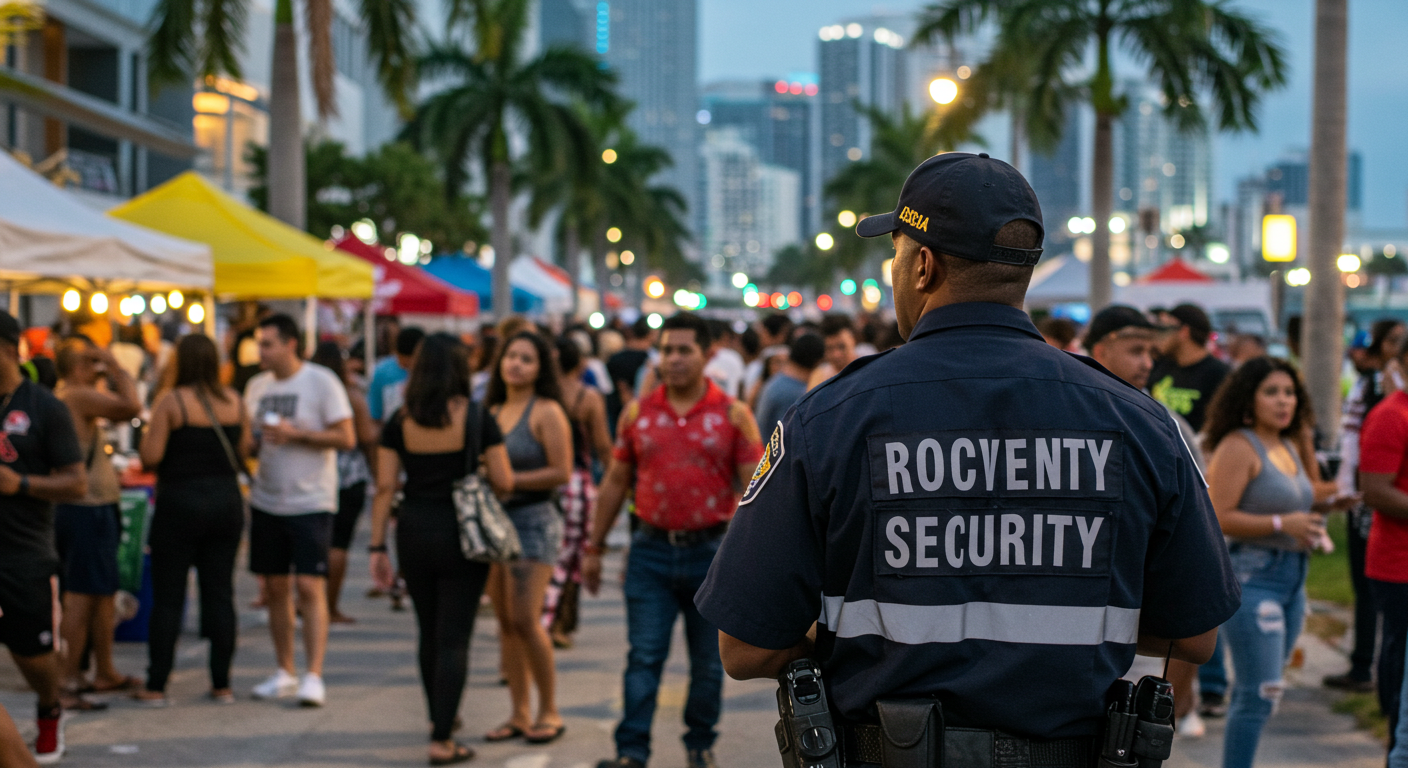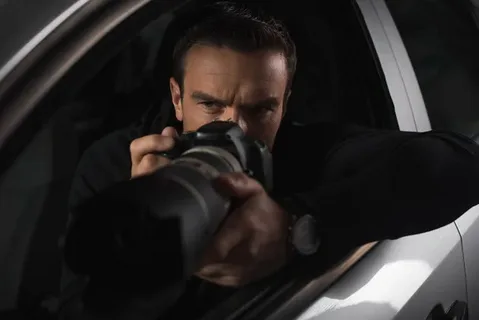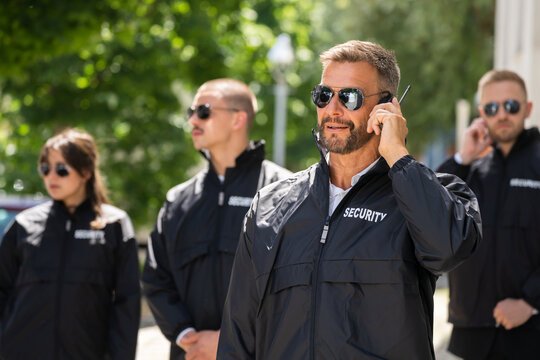I still get nightmares about that call I got at 4:30 in the morning. The hotel manager was screaming into the phone that someone just stuck a gun in his night auditor’s face and cleaned out the front desk. Beautiful little boutique place in Coral Gables – the kind where they know your name and treat you like family.
That’s exactly why they thought they didn’t need real security. “We’re not some chain hotel,” the owner kept telling me. “Our guests feel safe here because we’re intimate and personal.”
Well, that robber didn’t care about their warm, welcoming atmosphere. He cared about the $8,000 in cash they kept in the front desk drawer and the fact that nobody was there to stop him.
The night auditor spent three days in the hospital with a concussion. The hotel’s insurance premium tripled. And they lost half their regular guests who decided “intimate” wasn’t worth getting robbed.
That was eight years ago, and it taught me something important about hotel security – being friendly and being safe aren’t opposites. You can have both, but you better know what you’re doing.
The Wake-Up Call Most Hotels Never See Coming
Miami hotels live in this weird fantasy where bad things happen to other people. I’ve got hotel managers who’ll spend $50,000 on new furniture but think $500 a night for professional security is “too expensive.”
Then something happens.
Last month I got called to a downtown hotel where guests were getting robbed in the elevators. Not once, not twice – five times in three weeks. The general manager kept insisting it was “just bad luck” until I showed him the pattern.
Thieves were watching the lobby, following guests who looked like easy targets, and hitting them between floors where cameras couldn’t see clearly. They knew the security guard spent most of his time playing on his phone instead of watching monitors.
Cost of those five robberies? About $25,000 in stolen property, plus three guests who ended up in the emergency room, plus the lawsuit that’s still pending, plus the terrible online reviews that killed their bookings for two months.
Professional security would have cost them $12,000 for the same period. But nobody wants to do math until after the disaster.
Guest Rooms – Where the Real Money Gets Stolen
You know what most people don’t realize about hotel theft? It’s usually not some random crackhead breaking into rooms. It’s your own employees, and they’re way smarter about it than you think.
I spent three weeks investigating a luxury hotel in Brickell where guests kept reporting missing jewelry. Always the expensive stuff – Rolex watches, diamond earrings, things worth thousands. The hotel kept blaming the guests for “not using the safe properly.”
Turns out their head housekeeper had figured out the system perfectly. She’d check the checkout schedules, identify rooms where people were gone for long periods, and use her master key to go shopping in their belongings. Over eight months, she’d stolen nearly $80,000 worth of guest property.
The crazy part? She almost never got caught because she was smart about it. Never took everything, never hit the same room twice, always had legitimate reasons to be there. If one of her team members hadn’t gotten jealous and called me, she’d probably still be doing it.
That’s the thing about hotel security – the biggest threats usually come from inside, and they’re way more sophisticated than random crime.
Lobby Problems That Spread Everywhere
Your lobby tells criminals everything they need to know about your security. Weak lobby security means weak everything else.
Three weeks ago I’m sitting in a South Beach hotel watching this well-dressed guy nurse a $20 cocktail for two hours. To the staff, he looked like a potential guest checking out the place. To me, he looked like someone casing the joint.
Sure enough, he was mapping out camera angles, timing security patrols, figuring out which elevators needed key cards. Classic reconnaissance. I’ve seen the same thing a dozen times – criminals who dress the part and blend in while they plan their next move.
The front desk staff thought I was paranoid until I showed them his picture on a police bulletin for hotel theft at three other properties. Sometimes paranoid is what keeps people safe.
But here’s the thing about lobby security – it can’t feel like airport security. Guests don’t want to feel like they’re entering a prison. You need people who can spot threats without making everyone else miserable.
Restaurant and Bar Security Gets Weird
Hotel restaurants create this perfect storm of problems. You’ve got hotel guests mixing with outside customers, everyone’s drinking, there’s cash floating around, and half the people there don’t really know each other.
I had a hotel whose restaurant was turning into a nightmare every weekend. Fights, theft, drunk people bothering other diners. Their solution was to hire this bouncer who looked like he belonged at a strip club, not a nice hotel restaurant.
Bad move. The guy scared away more customers than criminals. Families stopped coming because their kids were afraid of him. Business travelers went elsewhere because the atmosphere felt hostile.
When I took over, I put in an unarmed guard with hospitality training. Someone who could handle problems without looking like he was about to start them. Night and day difference. Same security, completely different feeling.
The trick is finding people who understand that personal security guard services is about protecting the experience, not destroying it.

Pool Areas – Liability Nightmares Waiting to Happen
Hotel pools look relaxing and safe, but they’re actually legal landmines. People leave valuable stuff lying around while they swim. Non-guests sneak in through broken gates. Kids run around wet concrete while adults drink and stop paying attention.
Last year, a family sued a Miami hotel for half a million dollars after their kid slipped and got a concussion in the pool area. The hotel’s defense was that parents should supervise their own children. The jury’s response was that hotels have a duty to maintain safe facilities.
The hotel lost, their insurance company paid out, and their premiums went through the roof. All because they thought a “Pool Rules” sign was enough security.
I’ve got hotels now where my guards patrol pool areas specifically to prevent accidents before they become lawsuits. It’s not just about theft – it’s about keeping people safe so they can enjoy their vacation instead of visiting the emergency room.
Parking Garages – Where Guests Get Hurt
Hotel parking garages are probably the most dangerous places on any property, and most hotels treat them like afterthoughts.
Six months ago, a guest got carjacked in a downtown Miami hotel garage. The thieves followed her car in, waited until she was walking to the elevator, then robbed her at gunpoint. The “security” cameras weren’t working, the emergency call button was broken, and the nearest help was three floors away.
That lawsuit cost the hotel over two million dollars. Not counting the legal fees, the media coverage, and the reputation damage that’s still hurting their business.
The crazy part? Professional security would have cost them maybe $8,000 a month. But they thought their “secure” garage meant they didn’t need real security.
Now I’ve got armed guards who patrol parking structures at random times. Criminals hate unpredictability, and visible security makes people think twice about targeting your guests.
Employee Theft – The Inside Job Reality
This is the part hotel managers hate hearing about, but employee theft is epidemic in this industry. And I’m not talking about housekeeping staff pocketing tips – I’m talking about sophisticated operations that can destroy a business.
I investigated one case where a hotel was bleeding money from everywhere – missing inventory, guest complaints about charges they didn’t make, cash that never made it to the bank. The general manager suspected outside theft until I started looking closer.
Turned out three different employees were running separate scams. The front desk clerk was creating fake charges and pocketing cash payments. A housekeeper was photographing guest credit cards and selling the information. And the night maintenance guy was letting his burglar friends into the building.
Each one thought they were being clever and careful. None of them realized the others were stealing too. Together, they’d cost the hotel over $150,000 in six months.
The hard truth is that employees have access, opportunity, and inside knowledge that makes them dangerous when they decide to go bad. You need security that can catch problems before they become disasters.
Technology That Actually Helps
Hotels spend fortunes on security gadgets that mostly just record crimes instead of preventing them. The key is using technology to make your human security team more effective, not trying to replace them.
Smart cameras that actually alert my guards when something weird is happening instead of just storing footage for insurance claims. When someone’s been loitering in a hallway for 20 minutes at 3 AM, my team knows about it immediately.
Access controls that let security instantly see who should be where and lock down areas during emergencies. During that hotel robbery I mentioned earlier, being able to lock elevator access from the security desk probably saved lives.
Communication systems that work when everything else fails. During Hurricane Irma, cell towers were down but my security teams could still coordinate through their own network.
But here’s the thing – all that technology is useless without trained people who know how to use it. Cameras don’t stop crimes, guards do.
Emergency Response When Everything Goes Wrong
Hotels face every kind of emergency you can imagine, and your security team needs to be ready for all of them.
Medical emergencies happen daily – heart attacks, falls, allergic reactions, overdoses. My guards are often first responders while waiting for paramedics, and those first few minutes can mean the difference between life and death.
Fire evacuations in high-rise hotels require special training. Moving hundreds of panicked guests down stairwells safely isn’t something you figure out during the emergency.
Criminal incidents from theft to assault to active shooter situations. My teams train for worst-case scenarios because hoping they never happen isn’t a security strategy.
Weather emergencies in Miami mean hurricane preparation and recovery. Securing the building, protecting guests who can’t evacuate, maintaining security during power outages when normal systems fail.
The key is having protocols for everything and guards who’ve trained enough to follow them under pressure.
Balancing Service and Security
The hardest part of hotel security is keeping guests safe without making them feel like they’re in a police state. People want protection, but they also want to relax and enjoy their stay.
I train my guards to be helpful first, suspicious second. They should look like part of the hotel team, not prison wardens. When guests ask for directions or recommendations, my team should know the answers. When there’s a real problem, they should handle it professionally but discretely.
The goal is security that enhances the guest experience instead of destroying it. People should feel safer because we’re there, not scared because we look threatening.
The Real Numbers on Hotel Security
Let me give you some actual costs from real Miami hotels, because this isn’t theoretical:
A 200-room hotel with professional security – armed lobby coverage and patrol services – runs about $25,000 monthly. Sounds expensive until you see what happens without it.
That same hotel without security faces average monthly losses of $15,000 in theft, $5,000 in vandalism, plus liability insurance that can triple after a major incident. And that’s before counting lawsuits, which can run into millions.
I’ve got one client who calculated that investing in quality security saved them $180,000 in the first year alone. Prevented thefts, reduced insurance costs, avoided liability claims, and kept customers happy enough to return.
The math is simple – professional security pays for itself while protecting everything you’ve worked to build.
Don’t Wait for Disaster
Every hotel that calls me after a major incident says the same thing: “We never thought it would happen here.” But crime doesn’t care about your location, your reputation, or your good intentions. Whether you need armed security for high-risk situations or professional unarmed guards for daily operations, the important thing is getting people who understand hospitality as much as protection.
Your guests trust you with their safety and their experience. That trust is worth protecting with the best security available. We cover Miami, Fort Lauderdale, Palm Beach, Delray Beach, Weston, Plantation, Port Saint Lucie, Palm Bay, Cocoa Beach, and Fort Myers. But more importantly, we understand that hotel security has to work with your business, not against it.




